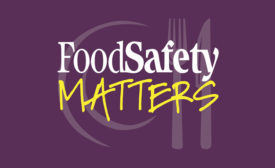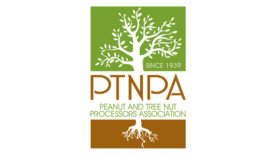Allergens
Allergens in food include the Big 9 (formerly the Big 8): milk, eggs, fish, shellfish, tree nuts, peanuts, wheat (gluten), soybeans, and sesame as of January 2023. Big 9 food allergens and residues in food are grounds for a Class 1 recall.
ARTICLES
Fundamentals of Conducting an Allergen Gap Assessment
Conducting an allergen gap assessment is one way to ensure regulatory compliance and consumer safety
April 15, 2024
EVENTS
Webinar
10/19/23 to 10/19/24
Contact: Vania Halabou
Beat the Recall: Effective Allergen Control in Food Manufacturing
Webinar
12/12/23 to 12/12/24
Contact: Vania Halabou
Safely Serving All: Allergen Control and Response in Retail Foodservice
Never miss the latest news and trends driving the food safety industry
eNewsletter | Website | eMagazine
JOIN TODAY!Copyright ©2024. All Rights Reserved BNP Media.
Design, CMS, Hosting & Web Development :: ePublishing










